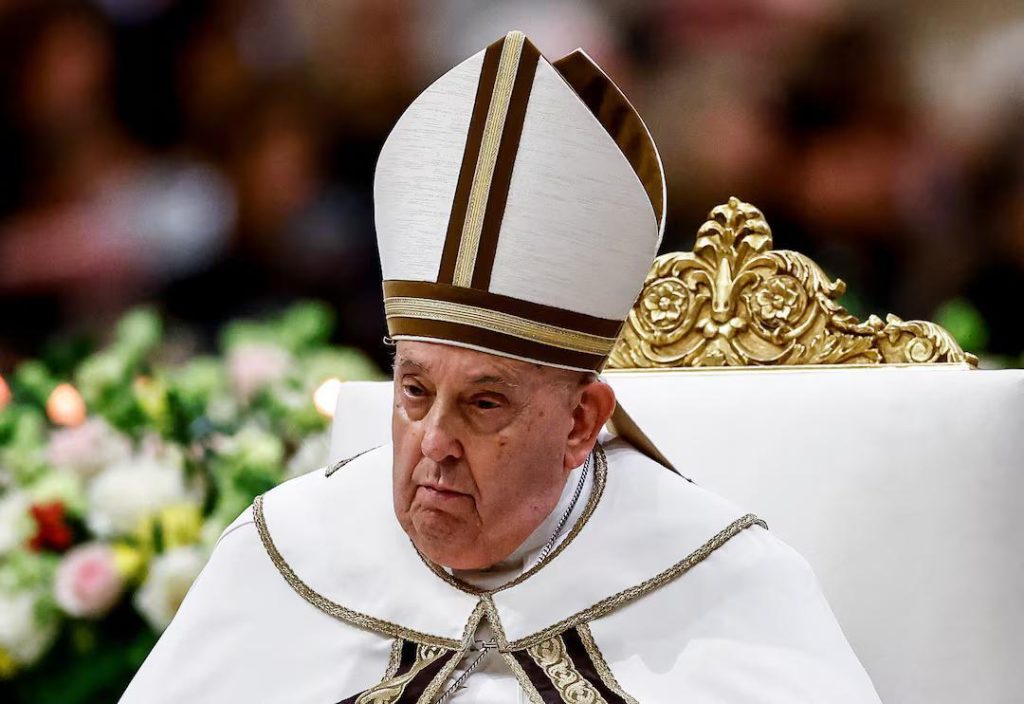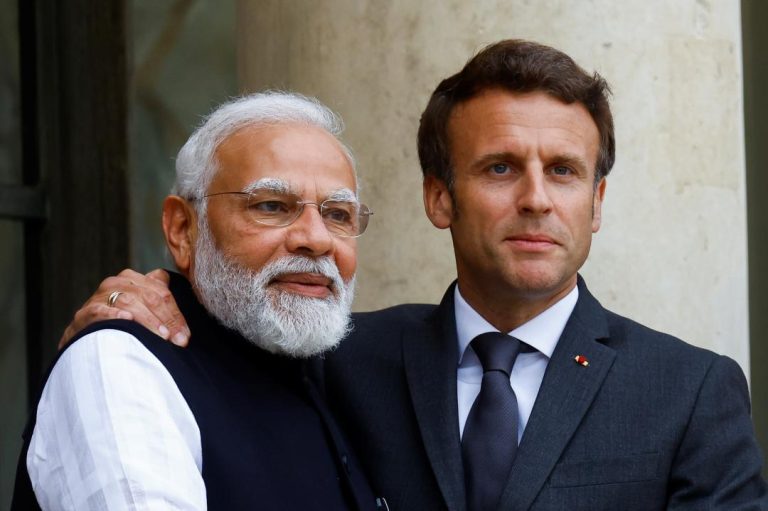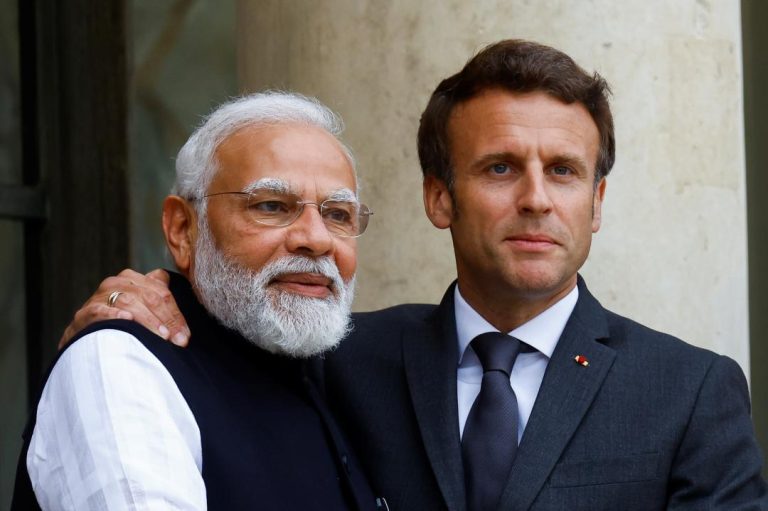
Why did Pope Francis never visit his homeland during his papacy?
Pope Francis, the first Jesuit pope and the first from the Americas, has been a vocal advocate for social justice, interfaith dialogue, and environmental protection during his 12-year papacy. He has traveled extensively, visiting 68 countries across the globe, including war-torn regions and areas affected by natural disasters. Despite his extensive travels, Pope Francis has never returned to his homeland, Argentina, since his election as pope in 2013. In this blog post, we will explore the reasons behind his decision not to visit Argentina during his papacy.
Pope Francis was born Jorge Mario Bergoglio in Buenos Aires, Argentina in 1936. He spent most of his life in Argentina, serving as a Jesuit priest, rector of the Jesuit seminary, and eventually as the Archbishop of Buenos Aires. It is surprising, therefore, that he never returned to his homeland despite his extensive travels as pope. Whenever he was asked about his return to Argentina, he would say, “I spent 76 years [there]. That’s enough, isn’t it?” (Reuters)
One reason that has been cited for Pope Francis’s decision not to visit Argentina is his desire to avoid being used by politicians for their own benefit. As the pope, he is a figure of great authority and respect, and politicians from around the world often seek to use his influence to further their own agendas. By not visiting Argentina, Pope Francis has managed to avoid being drawn into local politics and has maintained his independence and neutrality.
Another reason that has been suggested is that Pope Francis may feel that his presence in Argentina could be seen as a form of self-aggrandizement. As the first Jesuit pope and the first from the Americas, Pope Francis has already achieved a significant amount of recognition and acclaim. By not visiting Argentina, he may be avoiding the temptation to seek further attention and adoration from his home country.
It is also possible that Pope Francis has simply not felt the need to visit Argentina during his papacy. As pope, he has been focused on issues of global importance, such as climate change, poverty, and inequality. He may feel that his presence in Argentina would not be as impactful or effective in addressing these issues as his presence in other parts of the world.
Despite his decision not to visit Argentina, Pope Francis has maintained strong ties with his homeland. He has continued to receive updates on the situation in Argentina and has intervened on several occasions to address specific issues. In 2015, for example, he wrote a letter to the bishops of Argentina, urging them to take action to address the country’s economic and social problems.
In recent years, there have been several high-profile visits to Argentina by other senior Vatican officials, including the Pope’s second-in-command, Cardinal Pietro Parolin, who visited the country in 2020. However, Pope Francis’s decision not to visit Argentina himself has been a source of curiosity and speculation among Catholics and non-Catholics alike.
In conclusion, Pope Francis’s decision not to visit his homeland during his papacy is likely the result of a combination of factors, including his desire to avoid being used by politicians, his concern about self-aggrandizement, and his focus on global issues. While his decision may be seen as unusual by some, it is clear that Pope Francis is a pope who is deeply committed to his duties and is focused on making a positive impact on the world.
Source:
https://www.reuters.com/world/pope-francis-argentine-pontiff-never-returned-home-2025-04-21/






